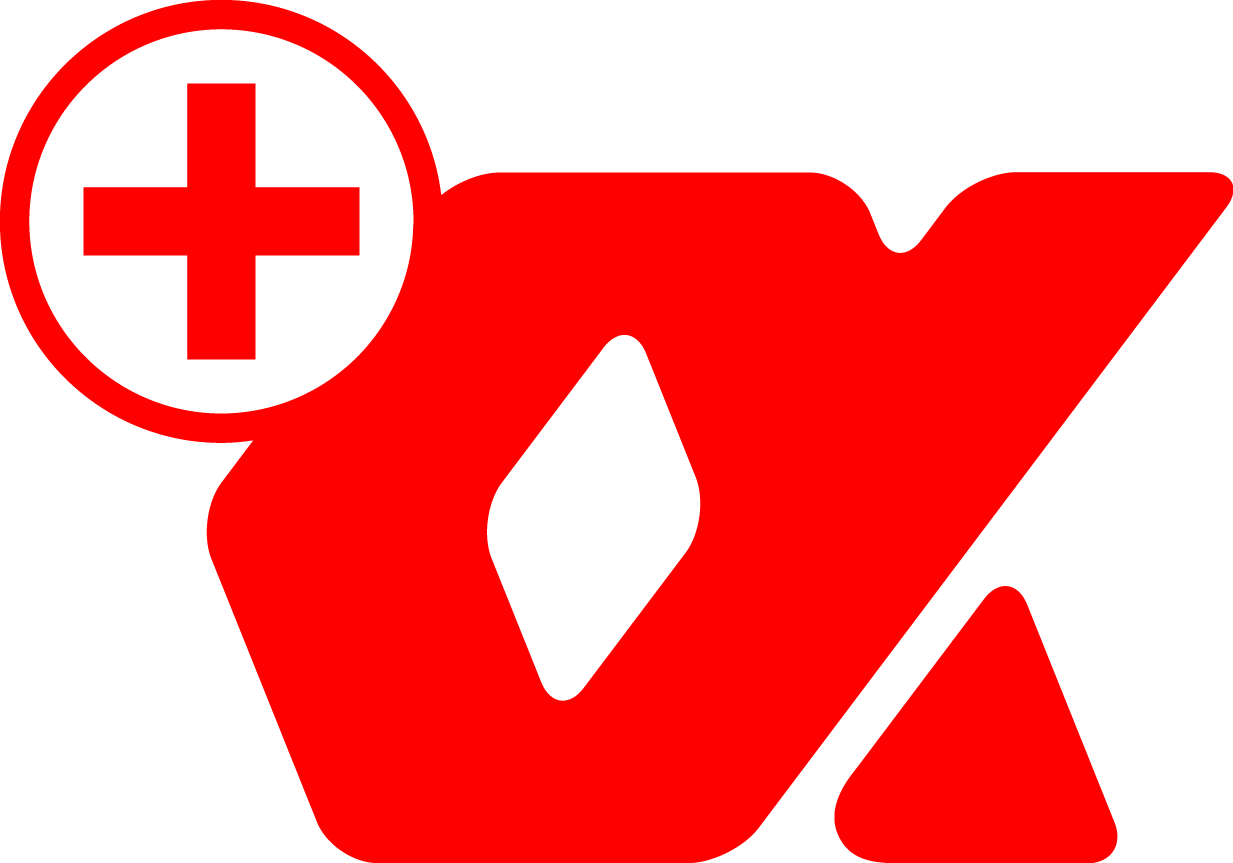MBA
MBA Admissions Support Programs!
Columbia MBA J-Term (January Entry) Has a June Deadline—A Great Opportunity for Young & Mid-Career P
Register now and see more!
Top 5 Knowhows
Top 5 Advisory
 Favorite
Favorite
Columbia MBA J-Term (January Entry) Has a June Deadline—A Great Opportunity for Young & Mid-Career Professionals! Start Preparing with Alpha Right Now!
Columbia Business School (CBS) offers two different paths for its full-time MBA program: August Entry and January Entry (often called J-Term). Both are highly competitive, but the J-Term especially appeals to those who do not require a summer internship or who want to accelerate their studies—often including mid-career professionals who already have substantial work experience.
Moreover, the application schedule for the January 2025 J-Term is particularly tight, and the January 2026 J-Term is likely to follow a similar timeline. If you’ve been thinking about earning an MBA from Columbia, don’t wait—early preparation is essential. In this article, we’ll discuss the key features of the J-Term, why it’s a great fit for mid-career applicants, and how to position yourself for success by starting your preparations with Alpha now.
1. Two Paths at Columbia MBA: August Entry vs. J-Term (January Entry)
Columbia’s full-time MBA program allows students to start in either August or January. Both options lead to the same degree, but there are several important differences to consider:
Summer Internship
Start and Schedule
Who Benefits
2. Key Features & Advantages of the J-Term
2-1. More Opportunities for Mid-Career Applicants
The J-Term frequently attracts students who are not making a major career switch, which can include those with significant work experience who want to enhance or accelerate their existing career path. CBS values the diverse perspectives mid-career professionals bring, so if you have an extensive background and clear career goals, J-Term can be a perfect fit.
2-2. Faster Completion for Those Who Don’t Require an Internship
Because J-Term students continue their coursework during the summer, they can finish core requirements more quickly. This compressed timeline is ideal for those who want to minimize time away from their current career or business ventures.
2-3. Early (and Tight) Application Deadlines
J-Term applications close in June and September, much earlier than many other top MBA programs. For the January 2025 start:
Because of this, it’s crucial to begin your test prep (GMAT/GRE) and application work well in advance. Expect that the January 2026 J-Term will likely follow a similar schedule (with deadlines around June and September 2025).